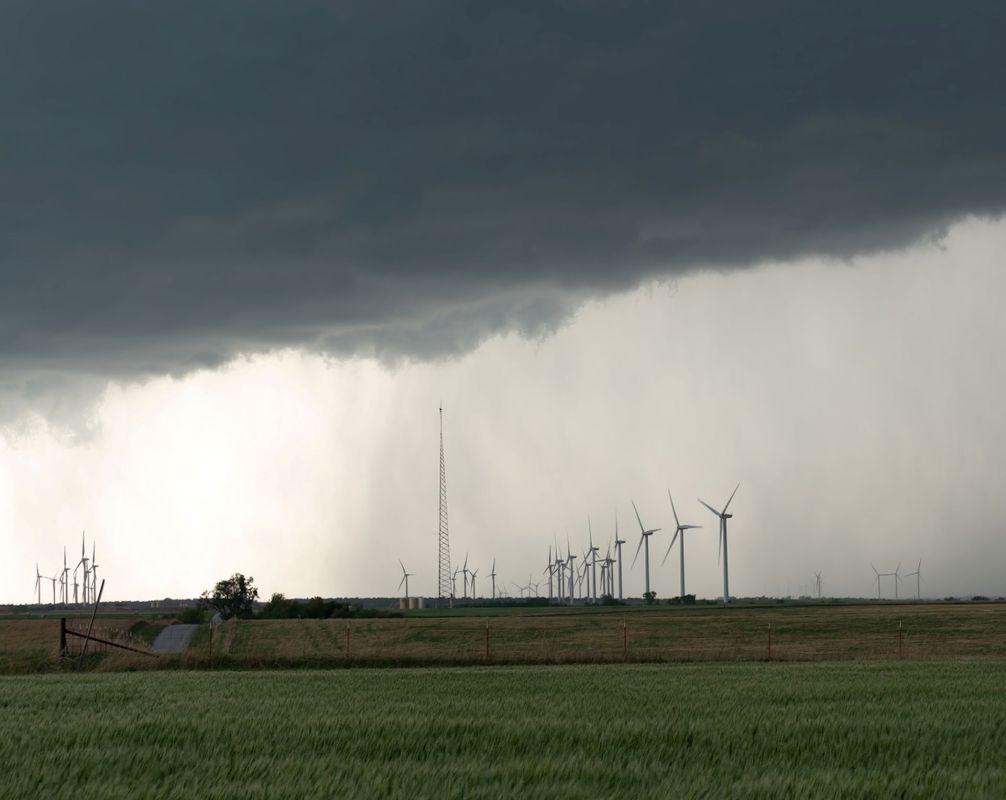An international team of scientists has found a way to capture the energy generated when wind passes over droplets.
Chemists and engineers from China, the United States, and the U.K. are working on efficient ways to generate energy from low-speed wind, providing a new way to capture power beyond the sails and wind turbines that require higher speeds, according to a report from Tech Xplore.
If successful, it could provide a way to harvest wind energy during lulls that leave turbines motionless.
This breakthrough involves "anchored ionic droplets," which are conductive liquid organic salts, and wind speeds of only about 0.7 feet per second (less than 0.5 miles per hour), per Tech Xplore. The research team isn't moving giant turbines or ships. So, only air power sufficient to move the surface area of a droplet is needed.
"Given the widespread distribution and easy accessibility of low-grade wind, these findings expand the great potential of currently untapped low-speed wind as an attractive energy resource for powering electronics, such as LCD screens," the research team wrote, per a story on the science from Physicsworld.
The slow air could add to the approximate 7.3% of the world's energy that data collector Statista reports is already generated by wind power, albeit in small amounts.
The team found that each droplet could produce 0.84 volts. The experts put droplets on a substrate that holds them in place as wind slowly passes over the system. The substrate also has nanowires and other tech needed to capture electricity. In short, when wind moves over the droplets, it causes movement within them that produces energy, per a report from the Proceedings of the National Academy of Sciences.
A video clip shared by the academy shows a droplet system powering a calculator screen.
More droplets produce more energy. Tech Xplore reports that the team was able to scale a device to produce 60 volts. That might not sound like a lot — however, the team said that scaling the operation is "easy and inexpensive," per Tech Xplore.
And the future of droplet power might be to energize the small tech in our lives. It's what physicist Patrick James of the U.K.'s University of Southampton describes to Physicsworld as "niche applications."
James isn't involved with the study but commented on its possible future use.
"Obviously, these are very low wind speeds," he said in the report. "The paper talks about a future application of very low power applications so I think a review needs to be clear about this aspect."
For the team's part, Physicsworld reported that the experts are now working to upgrade and fine-tune the design to optimize power generation for reliable use.
Join our free newsletter for weekly updates on the coolest innovations improving our lives and saving our planet.









